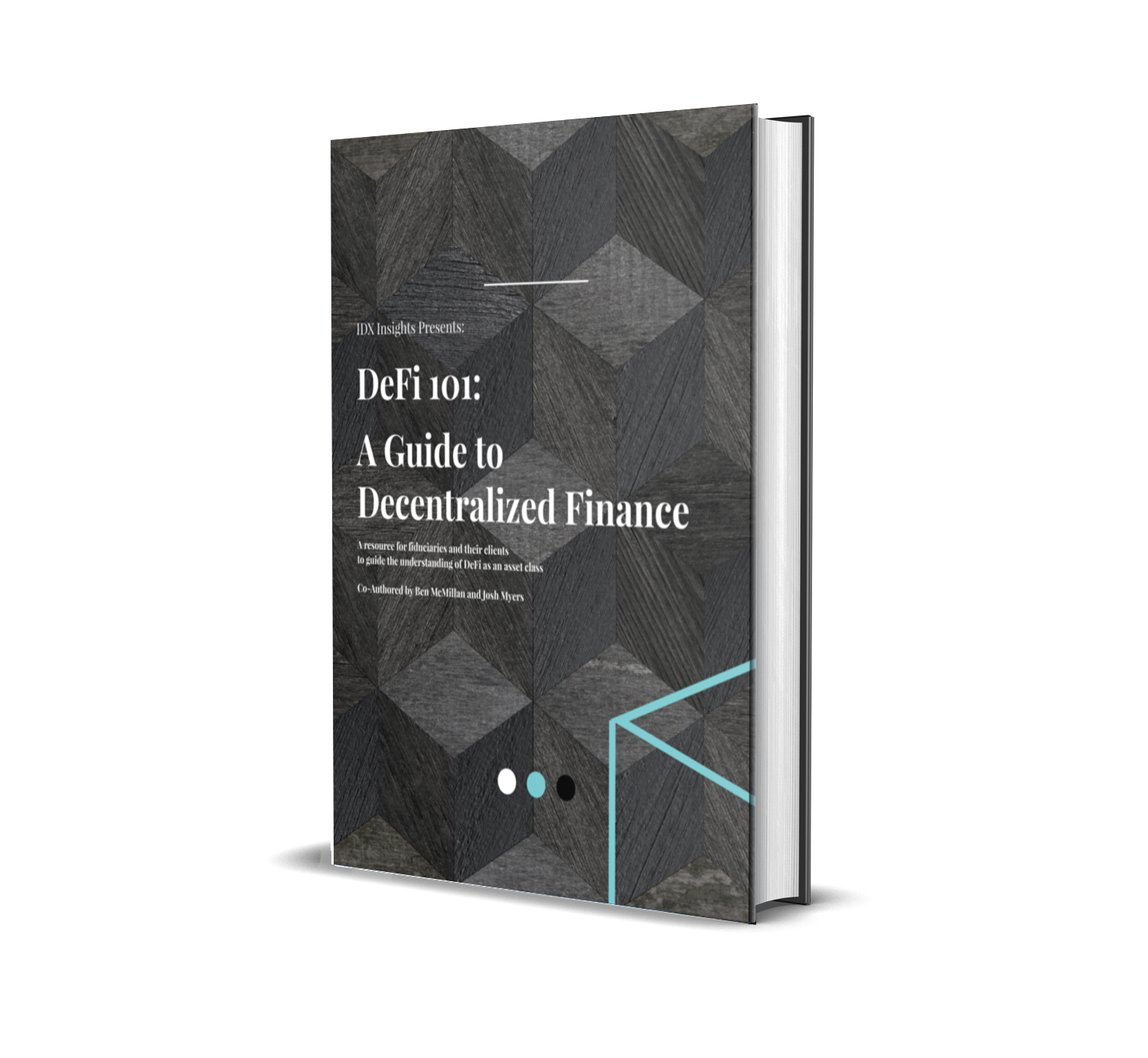Sushi: The First Open-source DEX on the Blockchain
Sushi at a Glance
The launch of Uniswap Protocol was a monumental stride forward for the entirety of crypto. It was the first open-source decentralized exchange built on the blockchain. Its development led to a flood of new financial applications being built. In late August of 2020, a pseudonymous developer by the name of Chef Nomi forked the Uniswap product and launched his own variation, SushiSwap. Sushi is a decentralized exchange (DEX) and originally launched with a liquidity mining program that rewarded early liquidity providers (LPs) with the main governance token of the protocol, SUSHI.
Sushi’s main edge over Uniswap was this liquidity mining program for its governance token SUSHI. Sushi’s liquidity mining program rewarded early participants with a hefty amount of SUSHI tokens in the overall tokenomics of the project. Tokenomics is the basic economy of a blockchain or blockchain application’s token. The first iteration of Sushi’s product had users deposit Uniswap LP tokens into the product to earn SUSHI. Later, Sushi developed their own liquidity pools that users had to migrate their capital to, resulting in $800 million migrating from Uniswap pools to Sushi pools.
Early in its development, Sushi had internal issues that arose with one of its core developers, Chef Nomi. In a move that tanked SUHI’s token price 70% over 24 hours, Chef Nomi exchanged $14 million of SUSHI for ETH. This led to a major backlash from the community that resulted in Chef Nomi handing over the management of Sushi’s treasury to FTX CEO Sam Bankman-Fried. The Sushi treasury was then converted into a multi-signature wallet. A multi-signature wallet requires multiple parties to sign off on a transaction to approve the action. This security mechanism helps prevent malicious intent from a single party and is often used to manage treasury funds in crypto.
Sushi prevailed through tough times and continues to attract top-level developers’ attention. Starting as a simple fork from Uniswap, Sushi has continued to innovate on top of the original design and create a variety of new financial products for users to access. These products include a token launchpad, a lending market, and more in development. One of the main products sushi offers is BentoBox, a yield-generating token vault. Users that deposit their tokens into the Sushi Bento can earn a yield on their capital. Bento is one of the many innovative designs that Sushi has developed to give users more financial freedom.
The Governance Token, SUSHI
The main governance token in the Sushi protocol is SUSHI. It is used to vote on governance proposals that dictate the overall future of the protocol. The ultimate decision makers are the multi-signature signers. These trusted individuals have the power to invoke real changes to the protocol, depending on the number of signers a proposal gets. The treasury multi-sig wallet is composed of 9 signers, needing 6 to approve a transaction. The operations multi-sig wallet is composed of 4 signers, needing 3 to approve a transaction. This diversification of power helps protect the protocols’ funds from malicious activity.
Since inception, Sushi has grown exponentially, attracting over $10 billion in capital for its products. Part of its massive growth can be attributed to its adaptability. Sushi has launched its products on more than 10 different layer 1 and layer 2 blockchains, including Ethereum, Avalanche, and Polygon. This flexibility has propelled Sushi’s Total Value Locked (TVL) into the Top 10 of all DeFi products in the current market. The support from core Sushi members has helped Sushi make an incredible comeback story after a rocky start. This type of community support is instrumental in the development of any blockchain or blockchain applications. With this support system backing it, Sushi continues to push the boundaries of innovation.
FEATURED EDUCATION
DeFi 101: A Guide to Decentralized Finance
Decentralized Finance, or DeFi, has been rapidly gaining traction amongst the investment community. DeFi protocols, like Solana, Chainlink, or Uniswap, have real-world utility (and revenues) that are quickly displacing their traditional counterparts that require intermediaries to function.
In this digital resource, we’ll cover:




